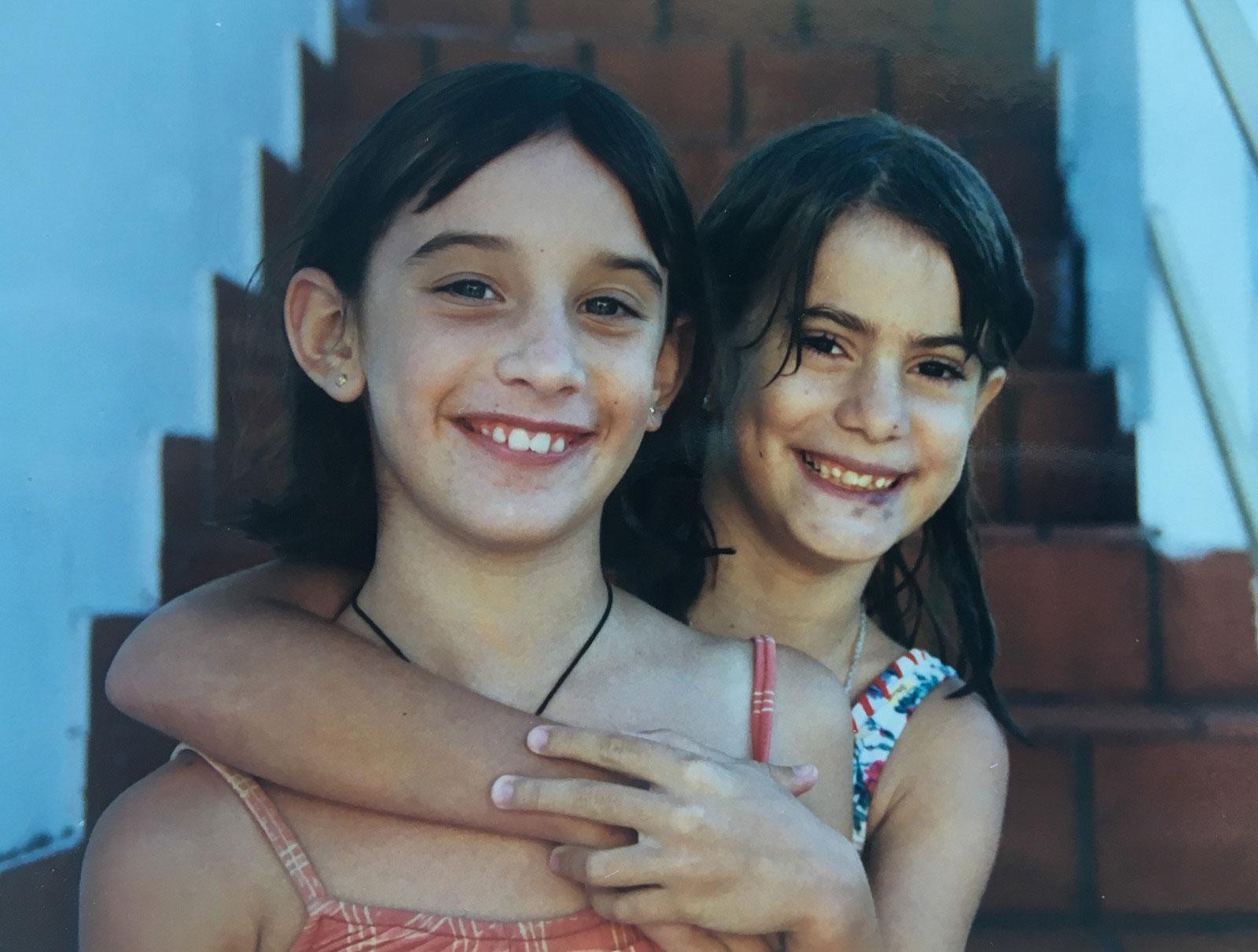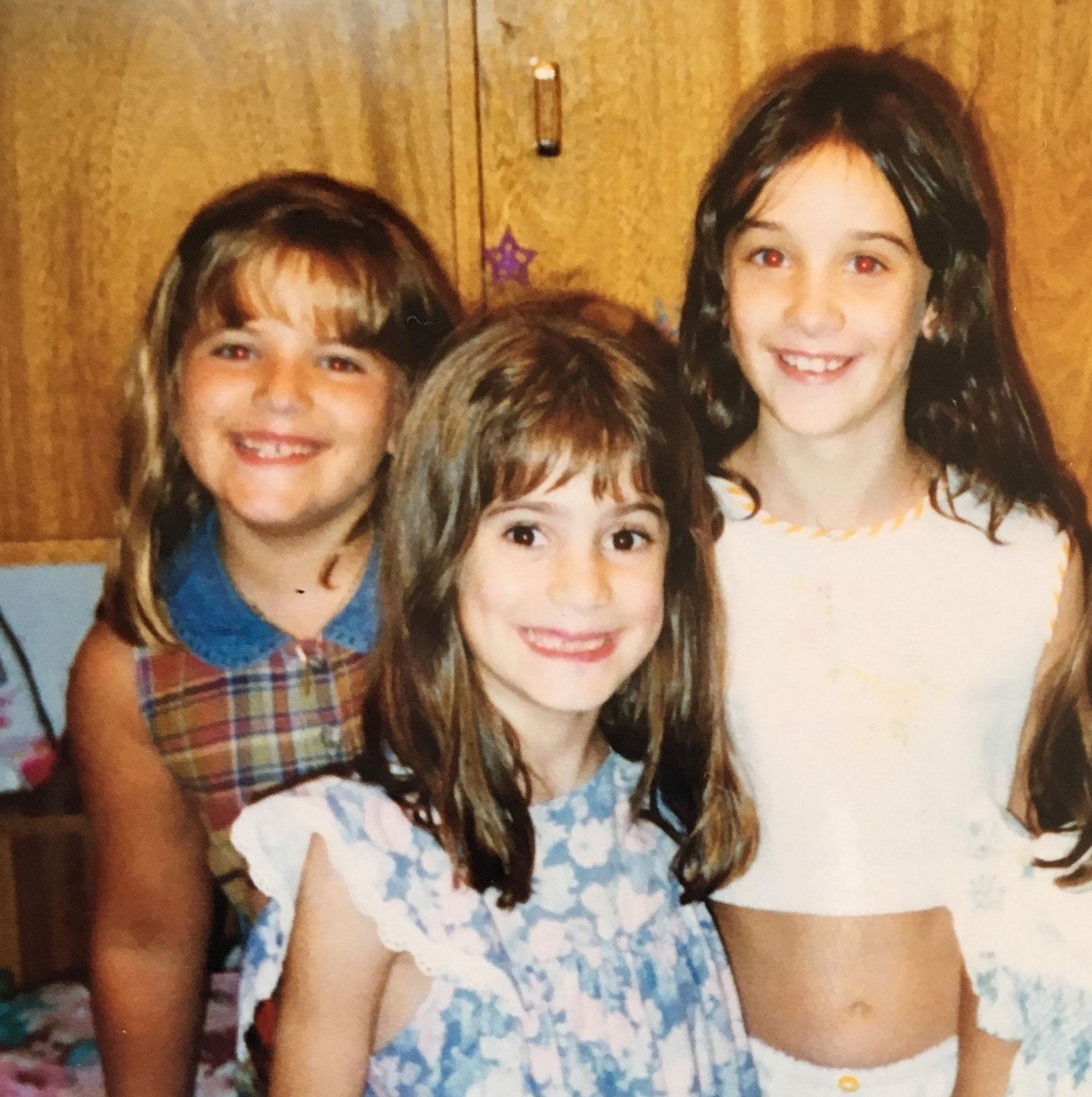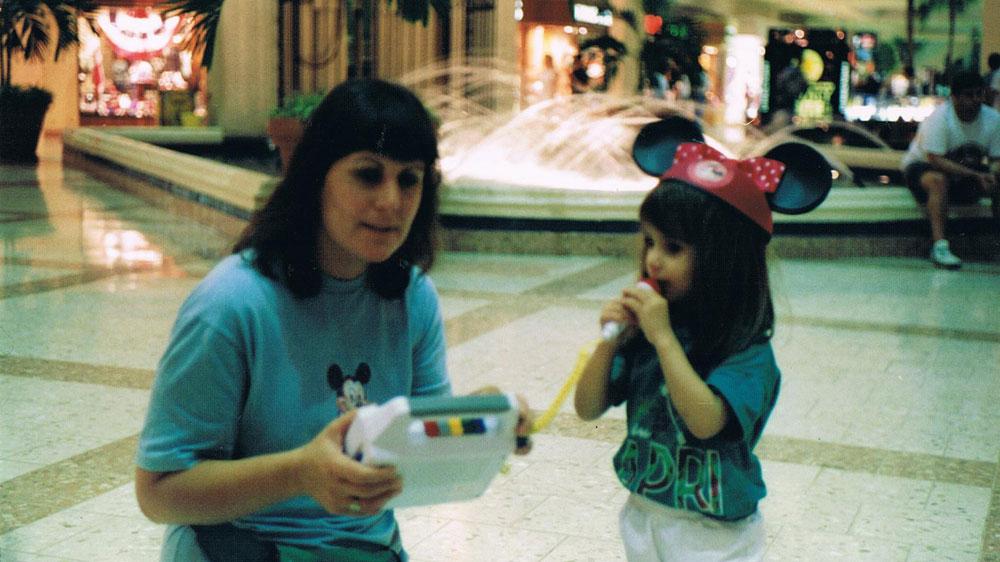The first audio recording I have of myself is from 1991, when I was 2 ½ years old. It was in Buenos Aires, Argentina, my original home, and my Aunt María Inés had just sat me down to chat after celebrating the baptism of my twin brothers.
In my broken toddler Spanish, I botched up my brothers’ names and told her they had water thrown on their heads that day by Jesus. She laughed and told me it wasn’t Jesus, but a priest. Then, my aunt led me into a classic Latin American children’s song called “Arroz con Leche.”
Before my father unearthed this tape, I had never actually heard myself singing at such a young age. The recording — which is only about five minutes long — took me back to a time in my life of which I have zero recollection. And, in an instant, I felt I was transported to that very room, sitting with my aunt and myself from 30 years ago, watching them come to life just by the sound of their voices.
Related: Different cultures understand ‘thank you’ in different ways, language professor says
This is the power of sound — to transport us back to times and places long forgotten — years after moving from Argentina to the United States, and utltimately, to Spain, where I live and work now.
That wasn’t the only cassette my father found forgotten in a box of old things.

Another tape was from 1996, when I was 7 years old, and where I recorded a fake radio show with my best friend of the time, Agustina Pantaleon. We talked about how to live a glamorous life, sang songs, recited poems and had a 10-minute-long segment where we pretended to speak English.

Then, two years later, real English took over.
Related: Multilingual liaisons are ‘cultural brokers’ for refugee students in this Vermont school district
When I was 9 years old, my parents, brothers and I moved to Austin, Texas; and with that move came a new era of cassette tapes, all in English.
You can hear my accent in the earliest recordings, but it’s quickly lost as the tapes progress.
By the early 2000s, my radio shows were made up of interviews with friends and family, mostly talking about my celebrity crush of the time, Elijah Wood. Sometimes I’d record my dog eating food, talk about school gossip or lock myself in my room and sing along to Britney Spears.
There are six tapes in all, spanning my first 13 years. They captured little snippets of everyday life — moments long forgotten, but which tell me more about who I was back then than I could hope to remember.
Related: How the Beatles inspired a rock revolution in Argentina
The version of myself who stands out the most is the 7-year-old in Buenos Aires, unaware of the change that was about to come her way.
She sang the latest music hits in Argentina, told jokes about Argentine politicians and used slang particular to that time period. She was, in other words, so authentically Argentine — an identity that slowly faded after years of living in the US, morphing into a split, and sometimes confused, identity.
Related: Remembering Quino, creator of Latin America’s beloved ‘Mafalda’ comic strip
And it made me wonder: What would have happened if we’d never left?
That question will live inside me forever — it’s part of being a migrant. But, I like to think, there are some things — my love for music, my inclination toward radio — that would have stayed the same, no matter where I call home.
